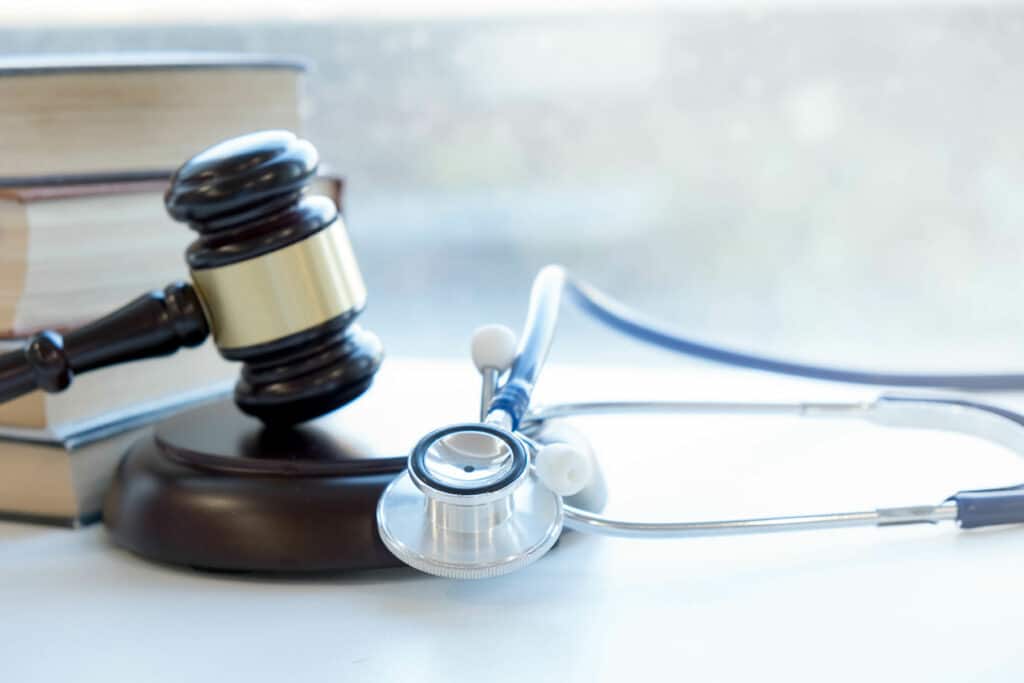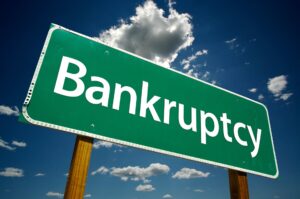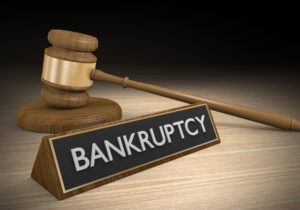If you are struggling with seemingly insurmountable debts, you are far from alone. Individuals, families, and small businesses across the country are facing mounting debts exacerbated by the pandemic, rising inflation, and other factors. It’s natural to feel overwhelmed and even ashamed by your dire financial situation, especially because the stigma surrounding bankruptcy persists. Even though bankruptcy is typically a last resort option for many people, it is far from a shameful experience—it can empower you to regain control of your financial situation and face the future with greater confidence. Chapter 13 bankruptcy allows individuals with a regular income to pay down a portion of their debt over a three to five-year period. After you complete the repayment period, the court will discharge (wipe away) your remaining debt, allowing you to move forward, feeling lighter and more hopeful about the future. Let’s take a look at what you can expect from the Chapter 13 bankruptcy process in Watertown, New York.
Reasons to File for Chapter 13 Bankruptcy in New York
As you explore your debt relief options, you will likely wonder whether filing for Chapter 7 or Chapter 13 is best for you. Although Chapter 7 bankruptcy moves forward relatively quickly (with most cases taking as little as three months to complete), many people do not qualify for Chapter 7 relief because they exceed the median income threshold or have mortgage/tax arrears. If you are struggling with debt but you still have a steady source of income, you may find that Chapter 13 bankruptcy offers you the best path forward. When you file for Chapter 13, you will establish a repayment plan that allows you to catch up on your mortgage,car or tax payments while still keeping your property in your possession. Essentially, Chapter 13 provides you with some breathing room to catch up on payments without having to surrender your property.
Preparing for the Meeting of Creditors
When you file a Chapter 13 bankruptcy petition, you must provide several pieces of information, including a list of all creditors and the amounts you owe them, a description of your income (i.e., sources, amount, and frequency), income tax returns for the last two years, a list of your property, a list of your monthly living expenses, and other relevant documents. The attorney will prepare all the necessary paperwork for the court. Once the bankruptcy is filed, the court will assign a bankruptcy trustee to oversee your case. The trustee will arrange a meeting of your creditors hearing, where you will be placed under oath and asked several questions about your financial situation and repayment plan (attorney will be with you). Below are some of the questions the trustee and your creditors may ask you.
Is the Information You Provided True and Correct?
The trustee will ask you to verify that all the information you have provided in your filing documents is accurate and correct to the best of your knowledge. The trustee wants to ensure that you have disclosed all of your assets and that you are not attempting to manipulate the system in any way. It’s important to recognize that the trustee’s role is to identify any potential abuses of the bankruptcy system.
Have You Filed for Bankruptcy Before?
Bankruptcy laws state that you cannot file under Chapter 13 (or any other chapter) if the court has dismissed a previous bankruptcy petition within the preceding 180 days, either due to your willful failure to appear before the court or comply with the court’s orders. The trustee must ensure that you meet these eligibility requirements before you may proceed with your current bankruptcy petition.
Did You List All of Your Creditors?
When you file your bankruptcy petition, you must list all creditors and the amounts you owe each one. If you fail to disclose the complete list of creditors, those unlisted creditors can continue to come after you for payment and/or sue you. The attorney will pull your credit report before the bankruptcy is filed and work with you to make sure that everyone in the world you owe money to is listed.
Do You Have Alimony or Child Support Payment Obligations?
While Chapter 13 relief applies to many types of debt, including credit card balances, medical bills, personal loans, and certain tax obligations, you cannot receive a discharge for existing spousal support or child support payments. The trustee will ask you whether you have alimony or child support obligations and remind you that a Chapter 13 discharge will not relieve you of these obligations.
Helping You Obtain a Fresh Start
The prospect of filing for bankruptcy can seem daunting and intimidating. You may worry that you’ll be judged for the actions that led you to your current situation, and this fear of judgment may prevent you from taking steps to obtain the fresh start you deserve. When you work with a caring and compassionate Watertown bankruptcy attorney, you can trust that they will support you at every step of the process. Your lawyer will never judge you for your situation—they want to help you get and stay motivated to regain control of your financial situation. If you’re ready to walk into a brighter and more stable future, consider reaching out to a trusted attorney today.
If you need help exploring your bankruptcy options in Watertown, New York, contact Grady BK, PLLC, today at (315) 299-9005 to speak with a caring and knowledgeable bankruptcy attorney.




